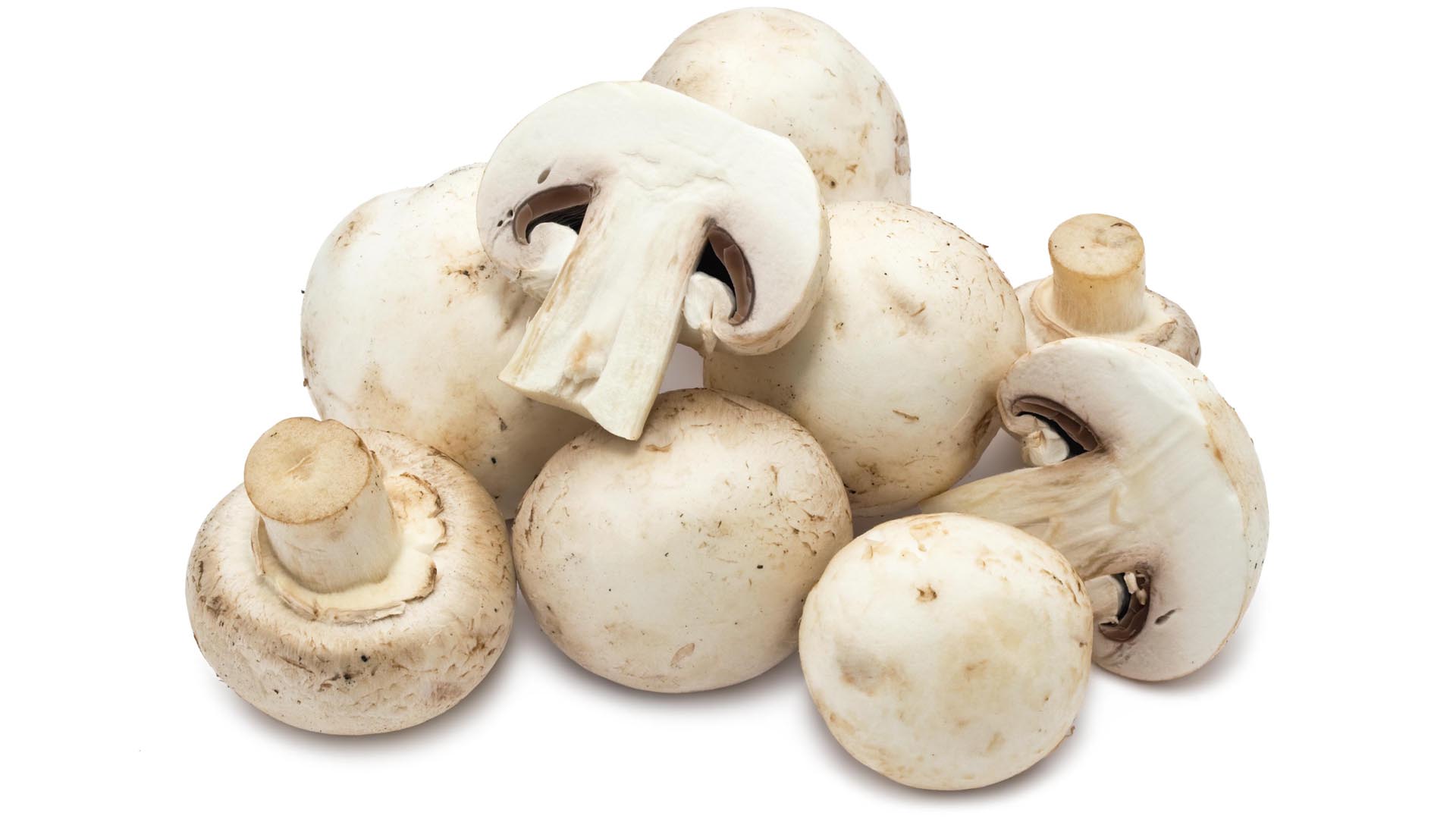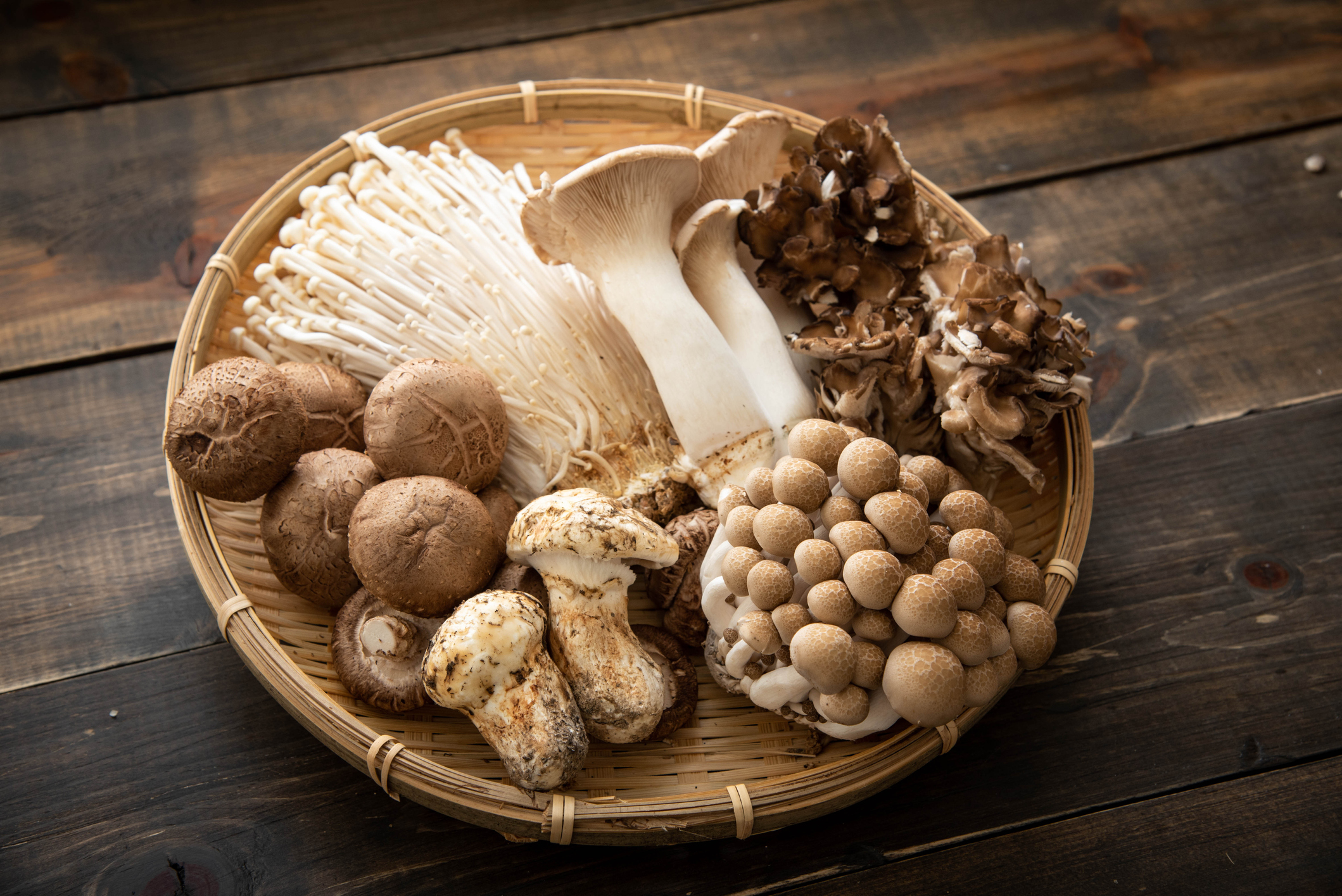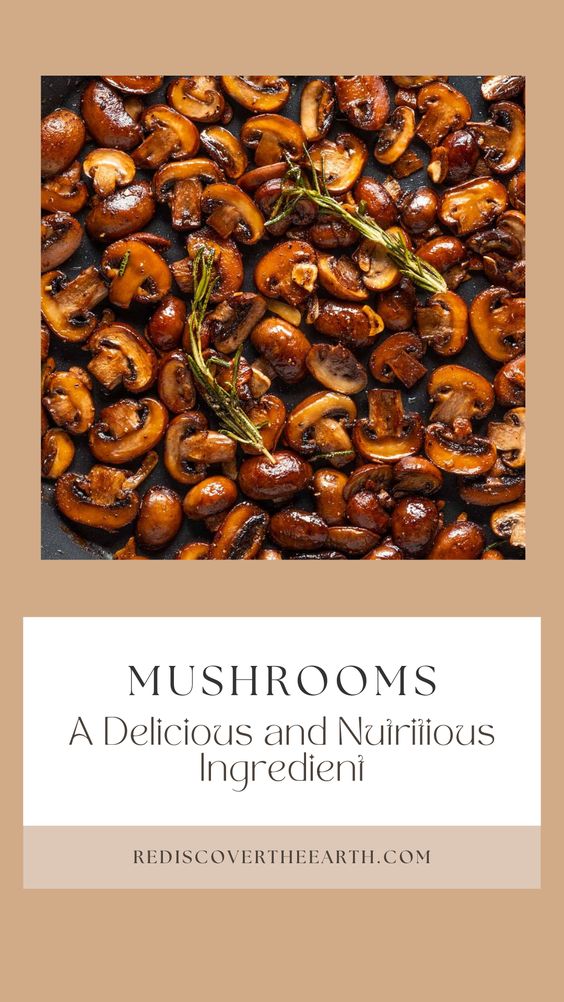The benefits of sunflower seeds and oil are numerous. Derived from the sunflower plant, which has been cultivated for thousands of years, these ingredients offer a wealth of health-promoting properties.
Sunflower oil is high in unsaturated fats, such as monounsaturated and polyunsaturated fats, which can promote heart health.
It is also rich in vitamin E, an important antioxidant that can protect the body from free radicals
Similarly, sunflower oil, which comes from sunflower seeds, provides a wealth of healthy fats, including monounsaturated and polyunsaturated fats, while containing low levels of saturated fats. It is also high in vitamin E, a potent antioxidant that protects the body from free radicals. Using sunflower oil in cooking, baking, and as a dressing for salads can help improve heart health, boost skin health, and lower the risk of certain diseases.
Benefits of sunflower seeds and oil make them nutritious and versatile ingredients that offer a range of potential health advantages.

SUNFLOWER SEEDS- A NUTRITIOUS AND VERSATILE INGREDIENT
Sunflower seeds are rich in healthy fats, protein, and other nutrients, making them a nutritious addition to any diet. They are a popular snack food and ingredient in many recipes, as well as being used in the production of biodiesel.
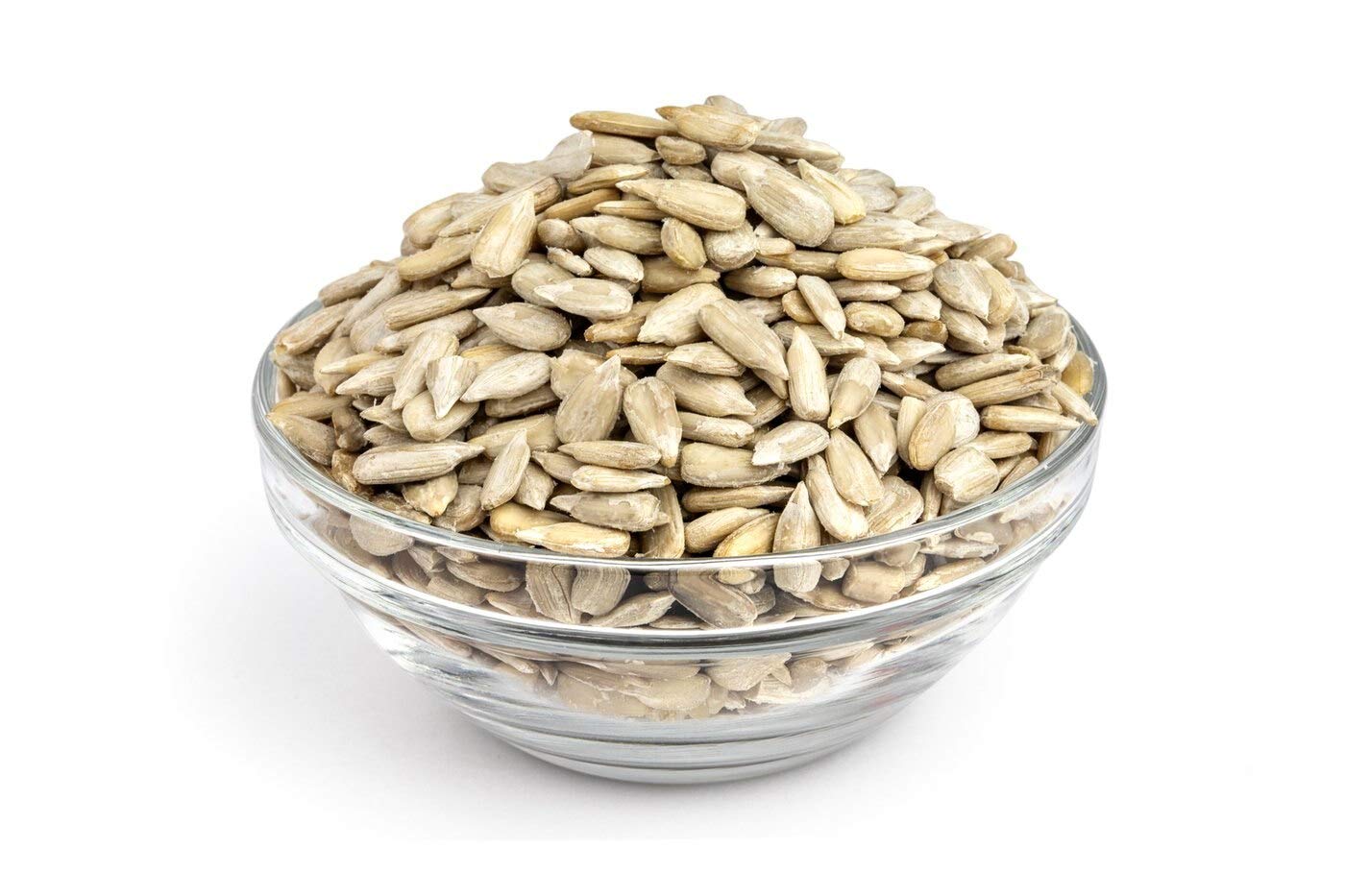
9 HEALTH BENEFITS OF Sunflower Seeds
Sunflower seeds and oil are both rich sources of essential nutrients and bioactive compounds that provide numerous health benefits. Here are 9 health benefits of sunflower seeds and oil
Good source of nutrients
Sunflower seeds are packed with essential nutrients, including vitamin E, magnesium, selenium, and zinc.
Weight management
Sunflower seeds are low in calories and high in fiber, which can help you feel fuller for longer and reduce calorie intake.
heart health
Sunflower seeds are a good source of healthy fats, including monounsaturated and polyunsaturated fats, which may help reduce cholesterol levels and lower the risk of heart disease.
brain function
Sunflower seeds are a rich source of choline, which is important for brain function, memory, and mood.
anti-inflammatory effects
Sunflower seeds contain compounds like tocopherols and phenolic acids, which have anti-inflammatory properties that may help reduce the risk of chronic diseases.
bone health
Sunflower seeds are a good source of magnesium, a mineral that is important for bone health and may help prevent osteoporosis.
skin health
Sunflower seeds are rich in vitamin E and other antioxidants, which can help protect the skin from damage caused by free radicals and promote healthy skin.
regulate blood sugar levels
Sunflower seeds are low in carbohydrates and high in fiber, which can help regulate blood sugar levels.
support immune function
Sunflower seeds contain zinc, which is important for immune function and may help reduce the risk of infections.
It’s important to note that sunflower seeds are high in calories and should be consumed in moderation as part of a balanced diet.
As it is high in calories and may not be suitable for individuals with certain health conditions but It’s always a good idea to consult with a healthcare professional before making any major changes to your diet. Additionally, if you have a nut allergy, you may be allergic to sunflower seeds as well.
Sunflower seeds are a versatile and nutritious food that can benefit many aspects of health. whether you eat them as a snack.
sunflower seed oil is used in cooking, or sprinkle them on salads or yogurt, there are many delicious ways to incorporate this nutrient-rich seed into your diet.
“Sprinkle, Snack, or Savor: Delicious Ideas for Adding Sunflower Seeds to Your Everyday Eating Habits!”
There are many ways to incorporate these seeds into your diet. Sunflower seeds can be added to baked goods, salads, smoothies, or eaten as a snack.. Additionally, one can grind sunflower seeds into a paste and use it as a natural exfoliant for the skin.
The powerful health benefits of sunflower seeds and oil loaded with essential nutrients like protein, fiber, healthy fats, and antioxidants, these versatile ingredients are a must-have in any healthy diet. From delicious recipes to heart-healthy cooking and skincare, there are endless ways to incorporate sunflower seeds and oil into your daily routine.
Sunflower seeds are a nutrient-packed food that can benefit your skin and hair health in many ways. Whether you’re looking to improve your skin texture and tone, promote healthy hair growth, or simply enjoy a tasty and nutritious snack, These seeds are a great choice. So add some seeds daily in your diet is to start reaping the benefits for your skin and hair.
why sunflower oil is good for health
Sunflower oil’s high levels of healthy unsaturated fats, including monounsaturated and polyunsaturated fats, promote heart health, making it a healthy oil.
Sunflower oil is a healthy and versatile oil that can be used in a variety of ways – from cooking to skincare. Its nutrient profile and health benefits make it a good choice for a healthier oil option. Here are some reasons why it is good for health
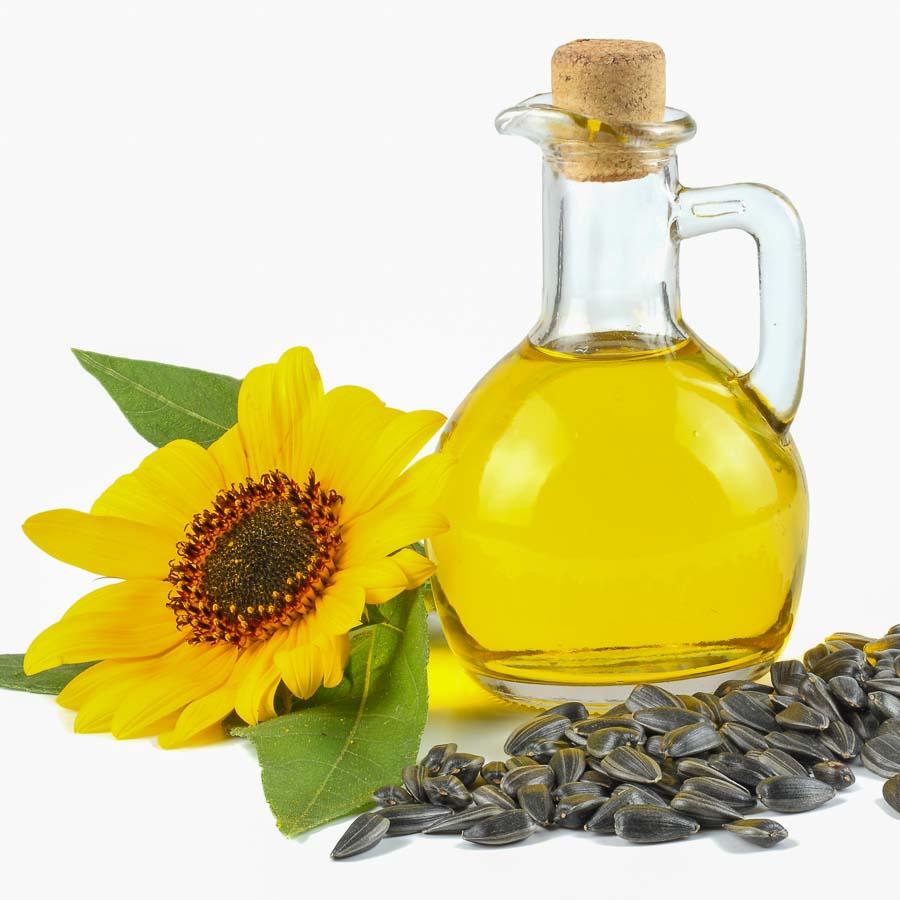
Rich in healthy fats
Sunflower oil is rich in healthy fats like monounsaturated and polyunsaturated fats. These fats can help reduce LDL or bad cholesterol levels in the blood and improve heart health.
Good source of Vitamin E
Sunflower oil is a good source of vitamin E, an antioxidant that helps protect the body from damage caused by free radicals. Vitamin E is also essential for maintaining healthy skin and hair.
Lowers inflammation
Sunflower oil contains anti-inflammatory compounds such as tocopherols and polyphenols that can help reduce inflammation in the body.
Skin Health
Sunflower oil is often used in skincare products because of its emollient properties. It helps to moisturize and soothe the skin, and can even help to reduce inflammation and redness.
healthy hair
Sunflower oil is rich in vitamins and minerals that can help promote healthy hair growth and reduce hair damage.
improve digestion
Sunflower oil is high in healthy fats, which can help promote digestive health and prevent constipation.
Nutrient Profile
Sunflower oil is a good source of vitamin E, as well as other nutrients like omega-6 fatty acids, which are important for overall health and wellbeing.
boost immune function
Sunflower oil is rich in zinc, which is important for immune function and may help reduce the risk of infections.
Versatile in cooking
Sunflower oil’s high smoke point allows for high-heat cooking without producing harmful compounds, making it a versatile option. This makes it a good oil for frying, baking, and other high-heat cooking methods.
It also has a neutral taste, which means it won’t overpower the flavors of your food.
While sunflower oil is a healthy dietary addition, it should be consumed in moderation due to its high calorie content.
Sunflower seeds are a good source of protein, healthy fats, fiber, and various vitamins and minerals.
They also helps to improve heart health, promote healthy digestion, and support bone health.
It is also a good source of vitamin E, an antioxidant protect the body from damage caused by free radicals.
Incorporating sunflower seeds and oil into a balanced diet can contribute to overall health and well-being.
